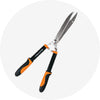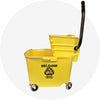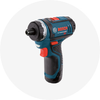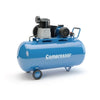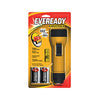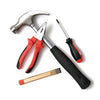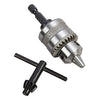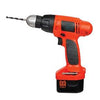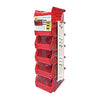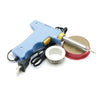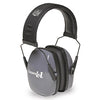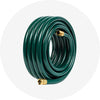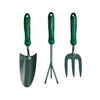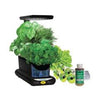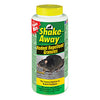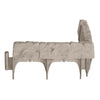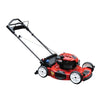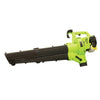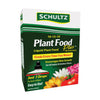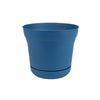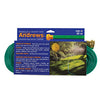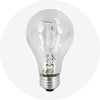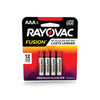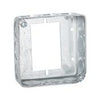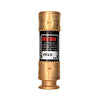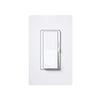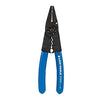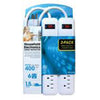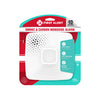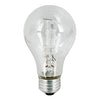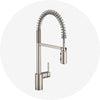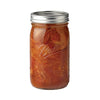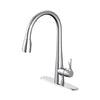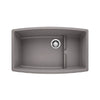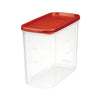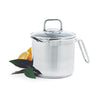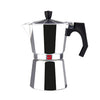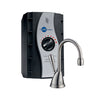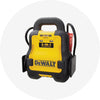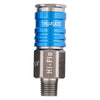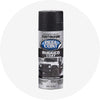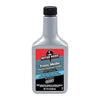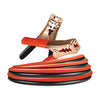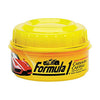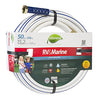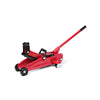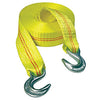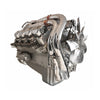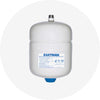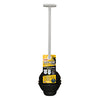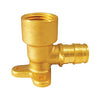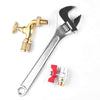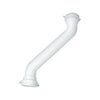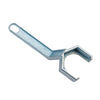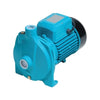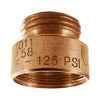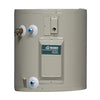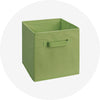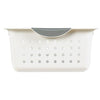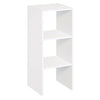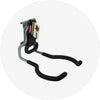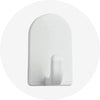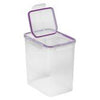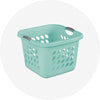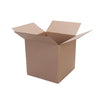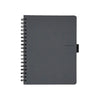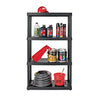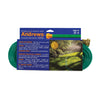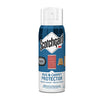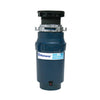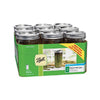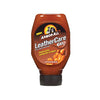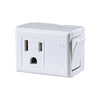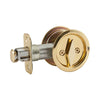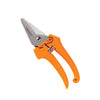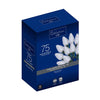MERV rating and its importance for HVAC systems
∙ min read
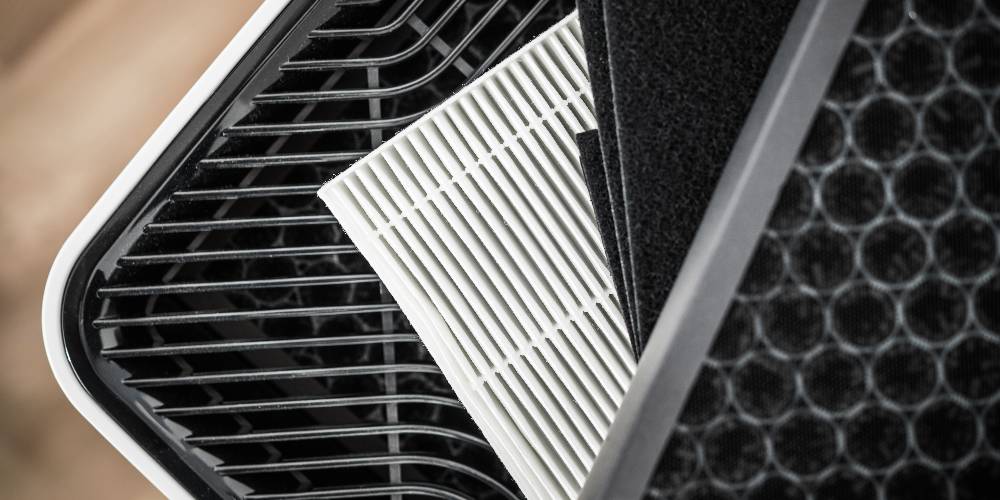
Fresh air is essential for your home, and if you've spent time looking for air filters, you’ve probably seen the MERV rating on some of them.
What does it mean? MERV stands for Minimum Efficiency Reporting Value. It’s a rating system that reports a filter's ability to capture large particles, such as dust, pollen, carpet fibers, and other air particles, so it helps you determine which air filter you need for your house.
The MERV rating chart ranges from 1 to 16, where 1 has the minimum filtration, and 16 offers the highest. This may lead you to believe getting the best rating is better, but that isn't always true.
Let us briefly explain:
- From 1 to 4: This is the lowest efficiency. They remove large particles that could damage your heater or AC; and improve your indoor air quality very little.
- From 5 to 8: Filters in this range are usually used in residential and commercial applications. They can remove smaller air particles such as mold/spores, dust, lint, and cement dust, improving your home’s indoor air quality.
- From 9 to 12: These filters are more efficient and frequently used in pre-filters or final filters, hospital laboratories, better commercial buildings, and superior residential buildings. They work so well at removing airborne pollutants they must be regularly checked to ensure proper airflow.
- From 13 to 16: Filters in this category are used in final filters, general surgery, superior commercial buildings, hospital inpatient care, and smoking lounges, where airborne contaminants must be almost eliminated. These are not recommended for residential use as they restrict airflow and can damage your system.
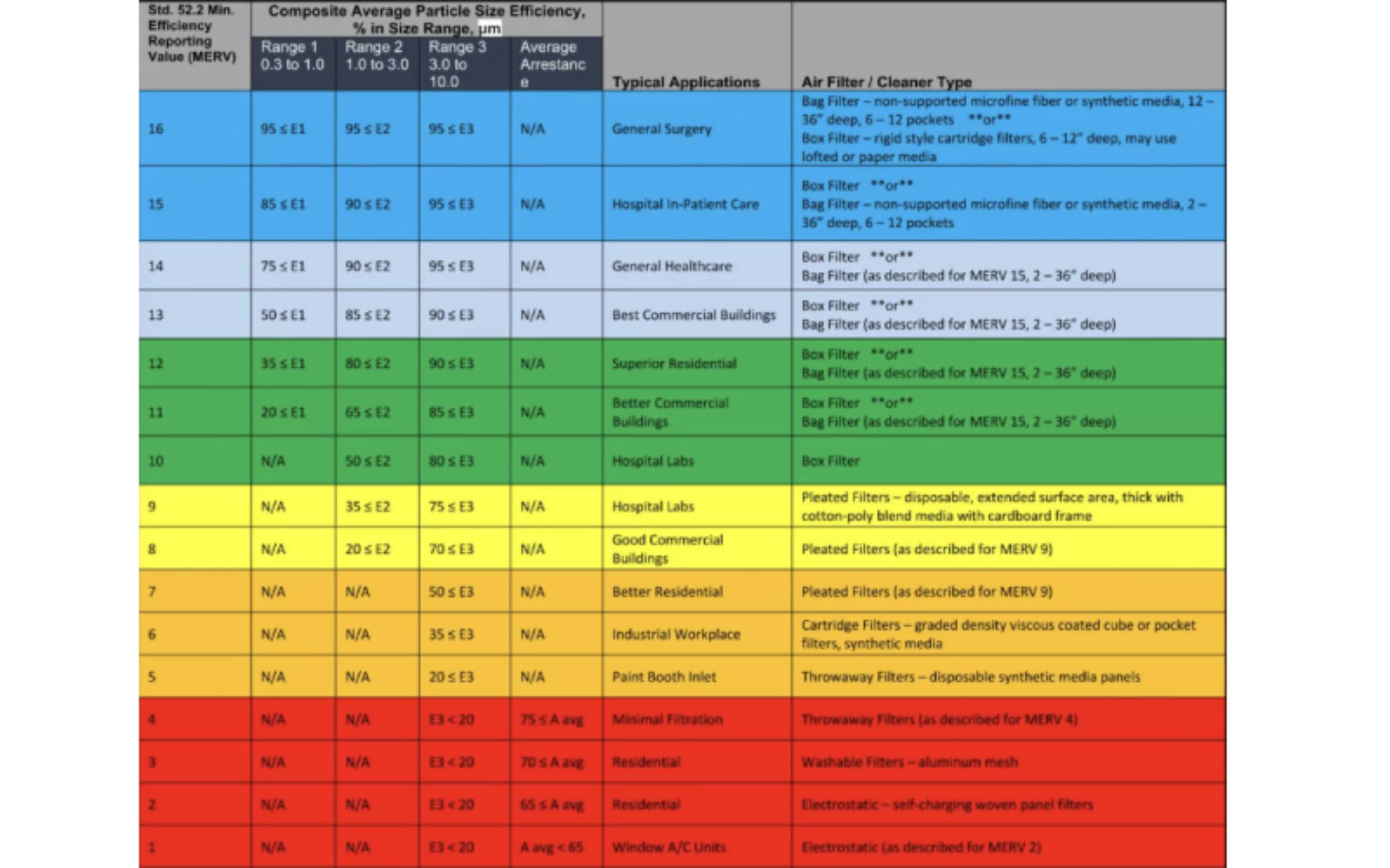
Image retrieved from https://www.rpfedder.com/resources/merv-rating-chart/
There is another category, the HEPA; this stands for "high-efficiency particulate air [filter]" (as officially defined by the U.S. Dept. of Energy). It can remove at least 99.97% of particles more efficiently.
How to choose the best MERV rating?
Even with all of this information, there are still some factors you need to have in mind when selecting the best rating; here are some tips to consider:
-
Determine your needs
For example, If you don’t own any pets or suffer from severe allergies, then a rating of 5 to 8 may be a good choice. If your case is the opposite, you may want a higher rating of 9 to 12. You should also analyze what kind of particles you are trying to filter.
-
Compatibility
Keep your HVAC system in mind. If your rating is incompatible with your HVAC system, it can reduce the effectiveness of your HVAC system and lower the air quality in your home or building. So look for the compatible rating option.
-
Energy
Air filters with a higher rating consume more energy to work effectively.
-
Filter Type:Considering the filter model, size, and type is vital. This way, your filter can last longer and have a good performance.
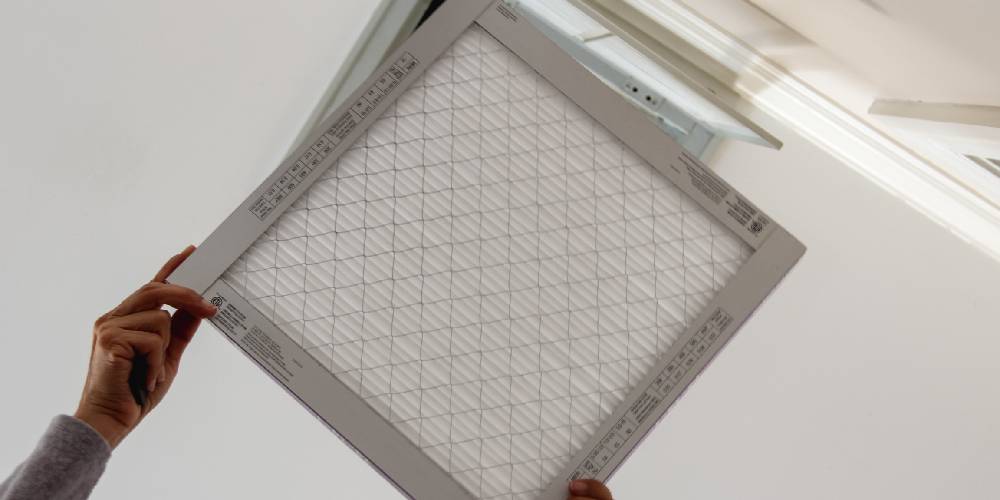
Trust Max Warehouse
We invite you to continue reading our blog, where you’ll find more tips on HVAC systems and other home improvement topics like maintenance, organization, decor ideas, and more. Additionally, our catalog offers the best air filters to ensure excellent air quality for your family.
If you have any questions, don’t hesitate to contact our experienced makers—we’re happy to help!
Sources:
- https://www.grainger.com/know-how/equipment-information/kh-what-is-merv-rating-air-filter-rating-chart
- https://www.epa.gov/indoor-air-quality-iaq/what-merv-rating
- https://www.fhairconditioning.com/articles/merv-ratings/
- https://phyxter.ai/blog/what-merv-rating-is-best
- https://www.grainger.com/know-how/equipment-information/kh-what-is-merv-rating-air-filter-rating-chart
- https://www.epa.gov/indoor-air-quality-iaq/what-merv-rating
- https://www.filtertime.com/news/merv-ratings-what-are-they-what-is-the-best-one-for-you
- https://filti.com/what-merv-rating-do-i-need/
